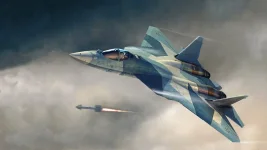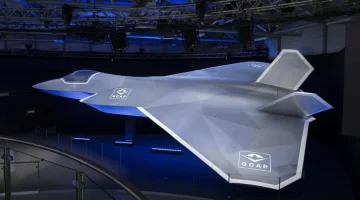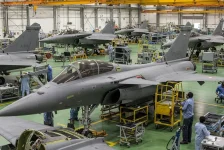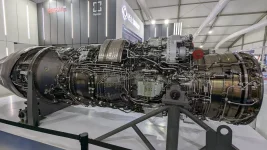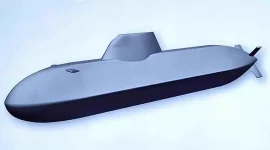- Views: 3K
- Replies: 37

Following delays in the delivery of F404 engines from GE Aerospace, the Indian government is exploring strategies to localize the supply chain for this critical component of the Tejas Mk1A fighter jet program. With the Indian Air Force (IAF) set to induct nearly 180 Tejas Mk1A aircraft, ensuring a reliable and timely supply of engines is paramount.
The IAF's ambitious plan to bolster its fleet with the indigenously developed Tejas Mk1A has hit a snag due to recent delays in F404 engine deliveries. This has raised concerns about the long-term viability of relying solely on GE's existing global supply chain, especially given the IAF's projected need for these engines over the next four decades.
In line with India's push for self-reliance in defence production under the 'Aatmanirbhar Bharat' initiative, the government is looking to establish a localized supply chain for the F404 engines. This move aims to minimize the impact of global disruptions and ensure a steady flow of engines to support the expanding Tejas fleet.
The Ministry of Defence (MoD) is expected to propose that GE Aerospace transfer a portion of its F404 component manufacturing to Indian defence companies. This would involve creating a local ecosystem for the production of high-precision parts and assemblies, potentially leading to reduced lead times, lower costs, and a boost to India's aerospace manufacturing capabilities.
Key elements of this proposed initiative include:
- Workforce Training: Providing Indian engineers and technicians with the specialized training necessary to manufacture and assemble F404 engine components.
- Localized Component Production: Forging partnerships with Indian defence companies to manufacture critical F404 components within India.
- Technology Transfer: Facilitating the transfer of technology and knowledge to Indian companies to ensure adherence to stringent aerospace manufacturing standards.
This potential collaboration with GE Aerospace could serve as a model for future partnerships in India's defence sector. A successful localized supply chain and MRO setup for the F404 engine could pave the way for similar initiatives for advanced engine programs, such as the F-414 engine intended for the Tejas MkII and Advanced Medium Combat Aircraft (AMCA).

